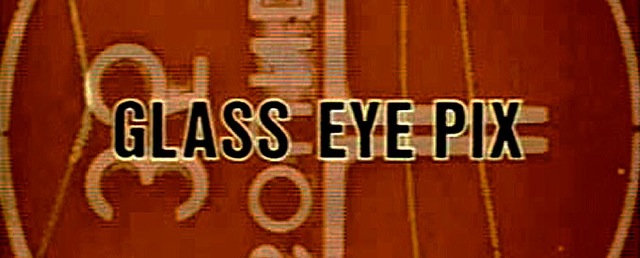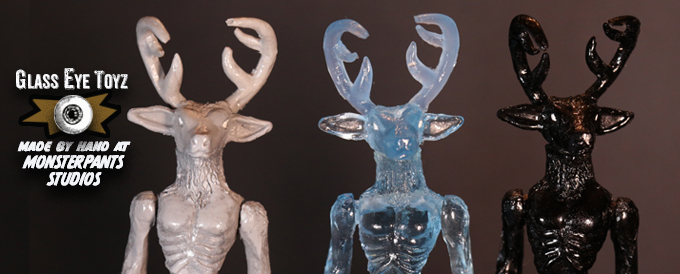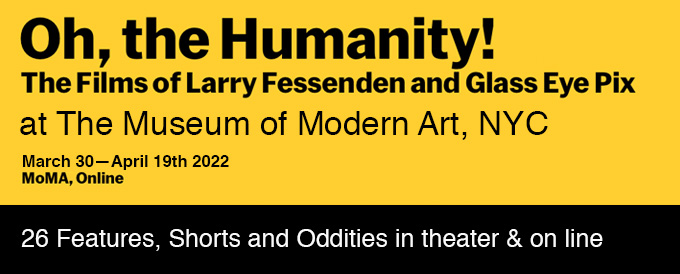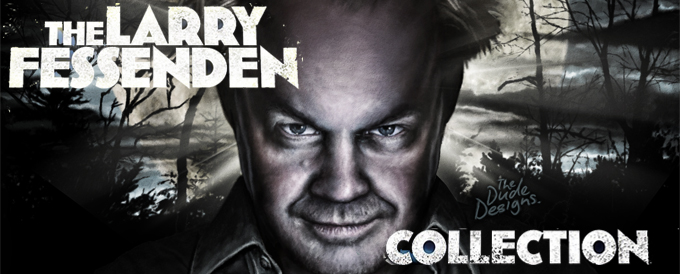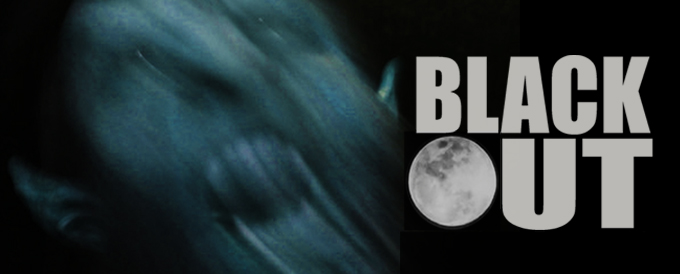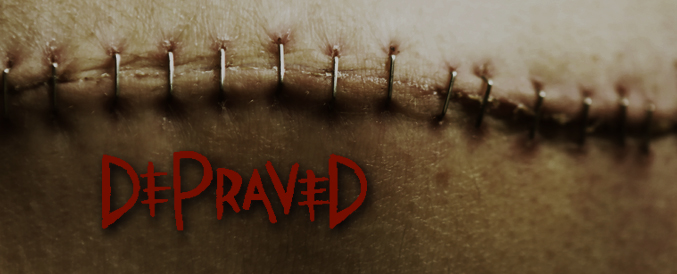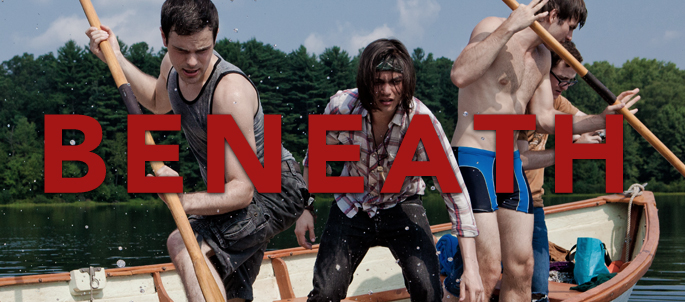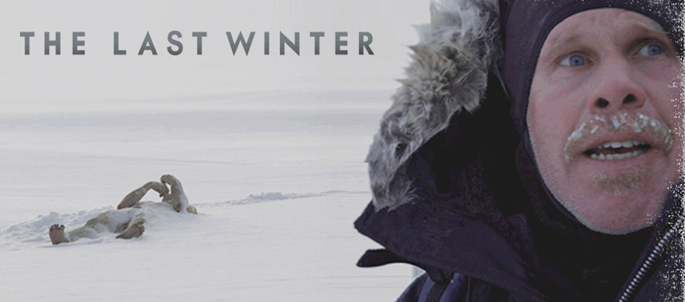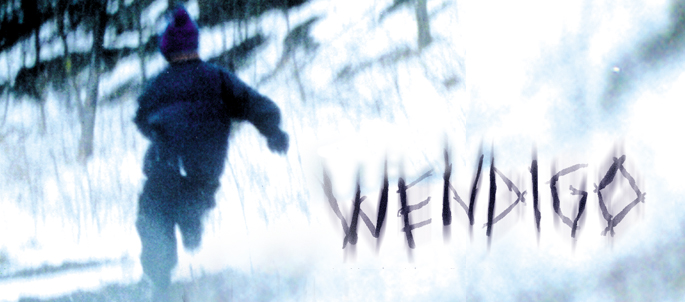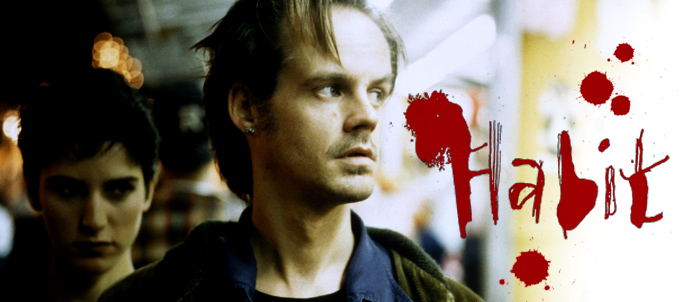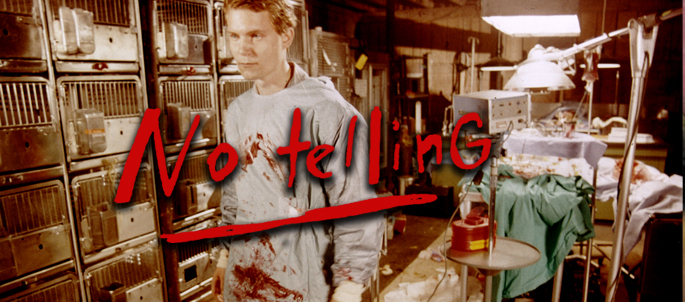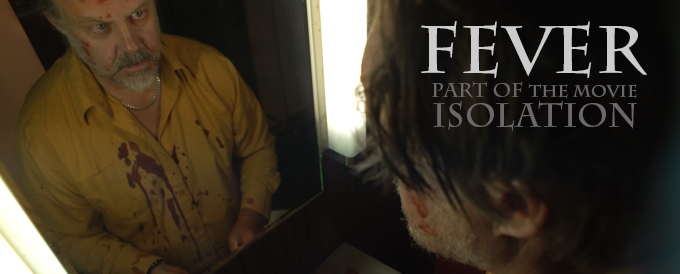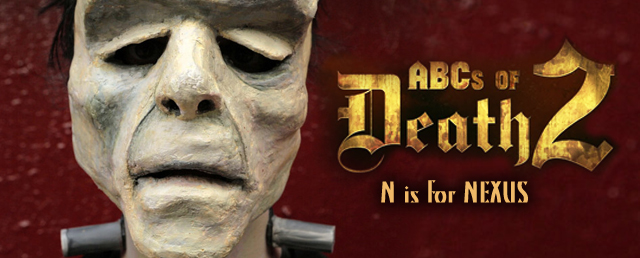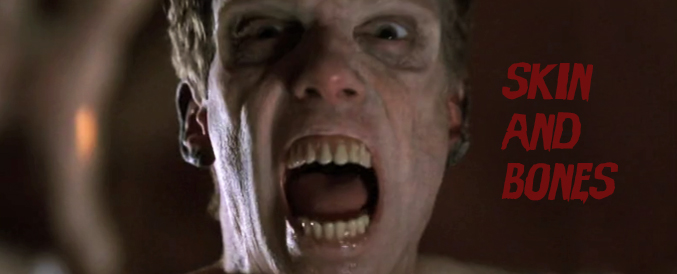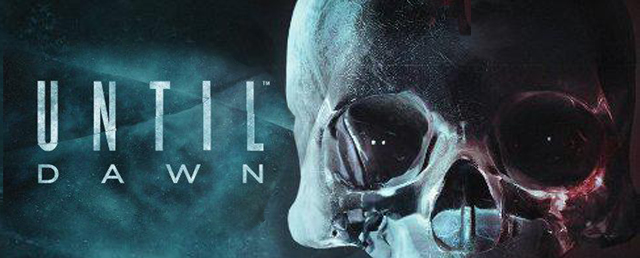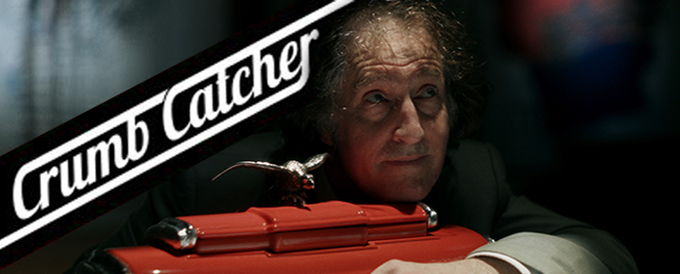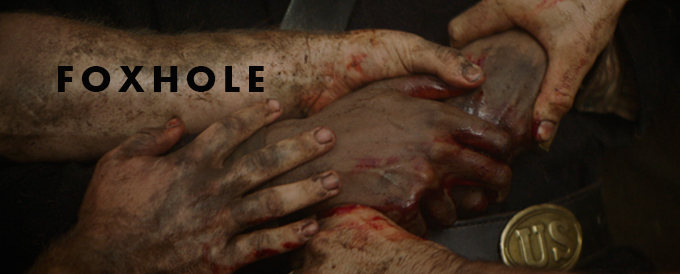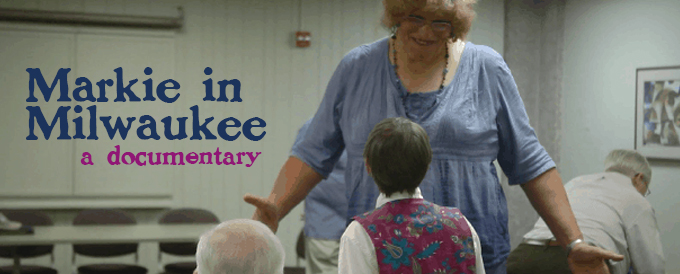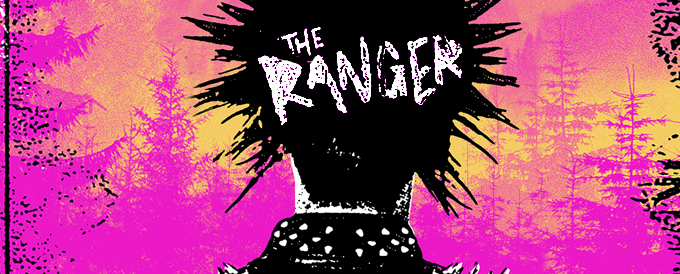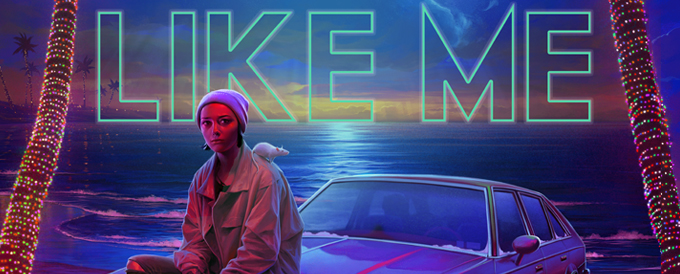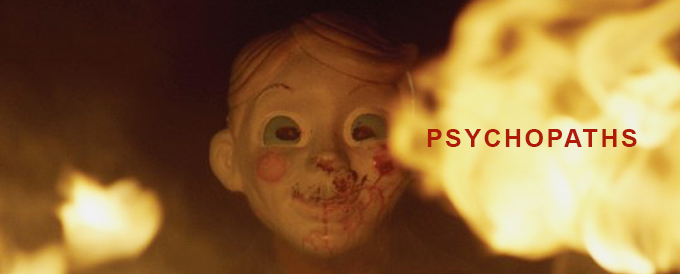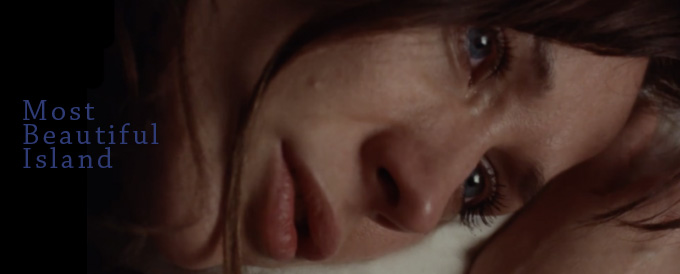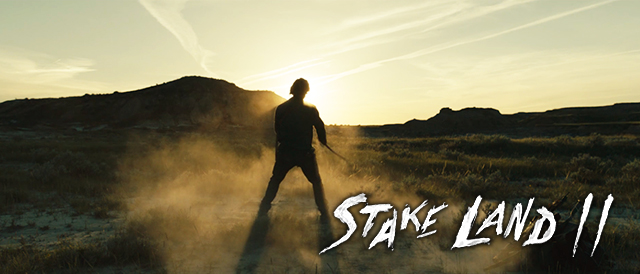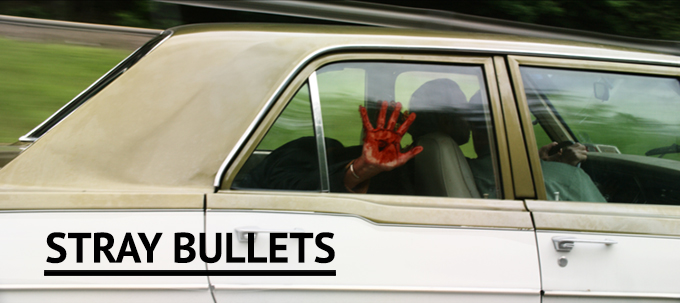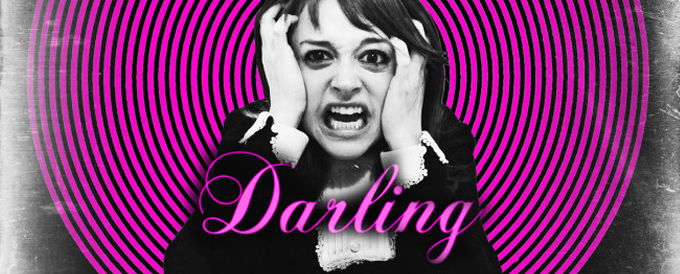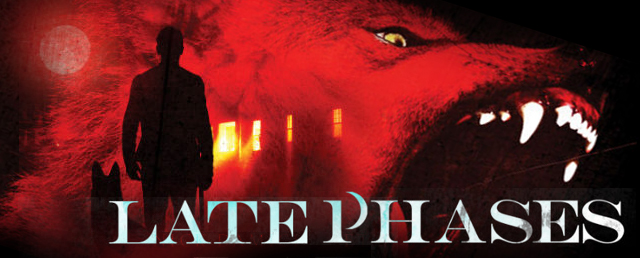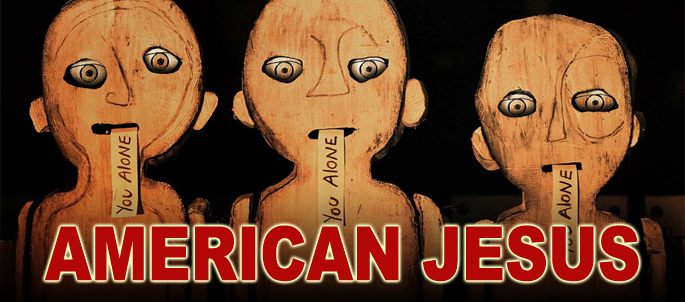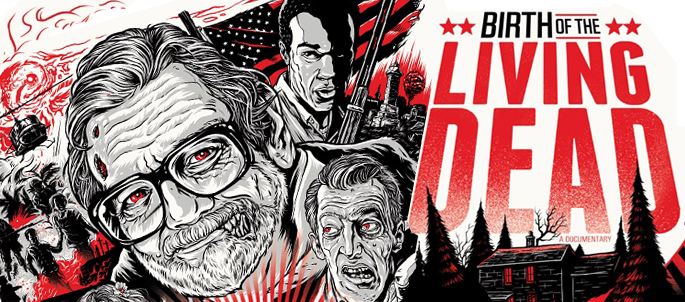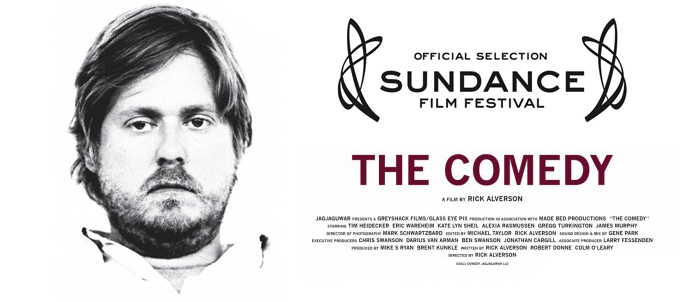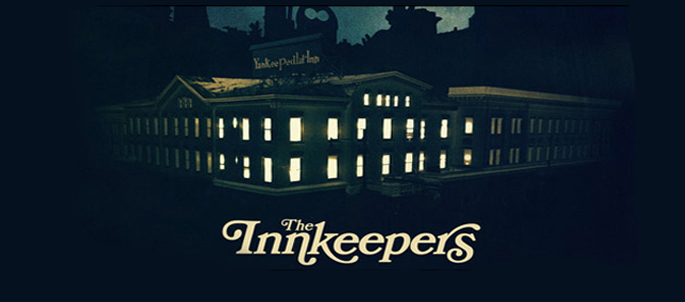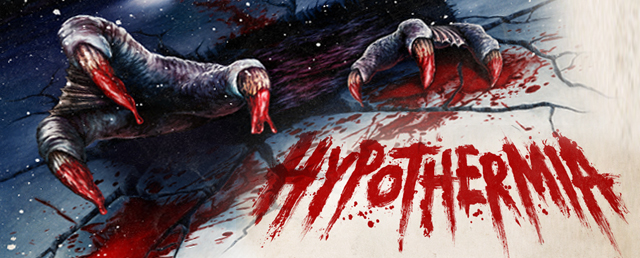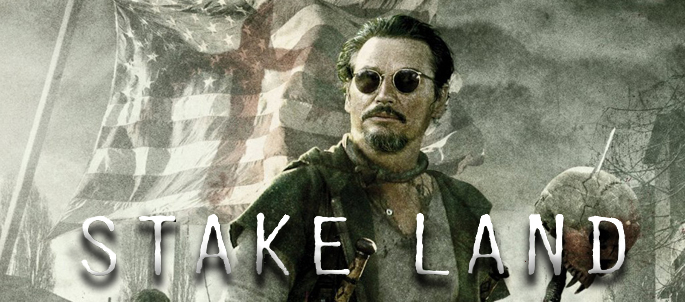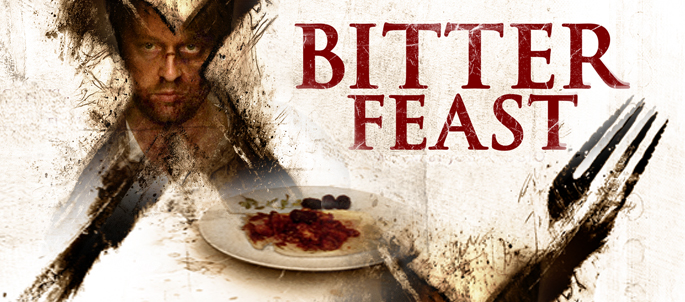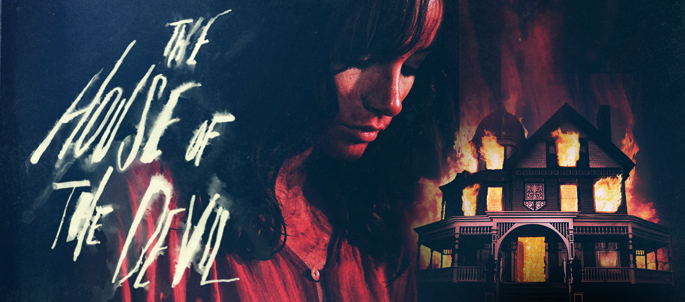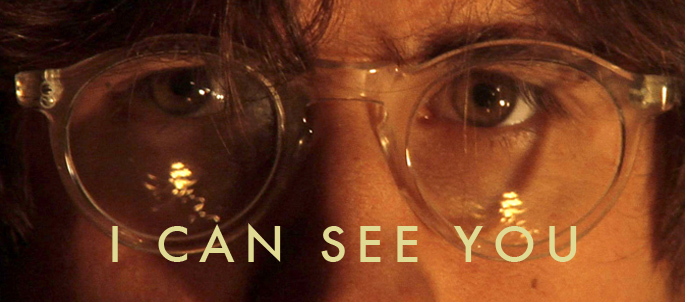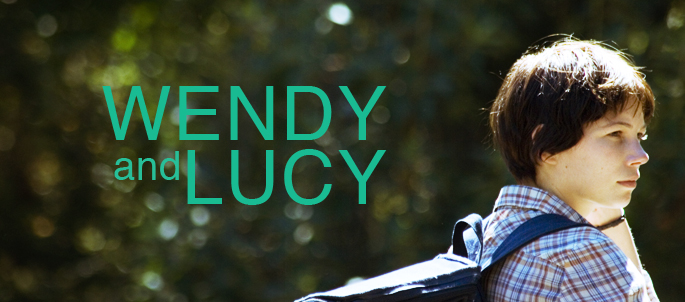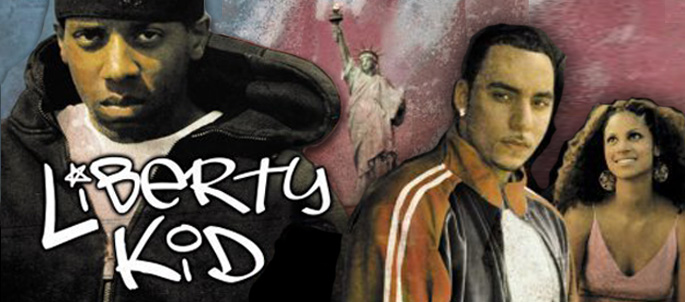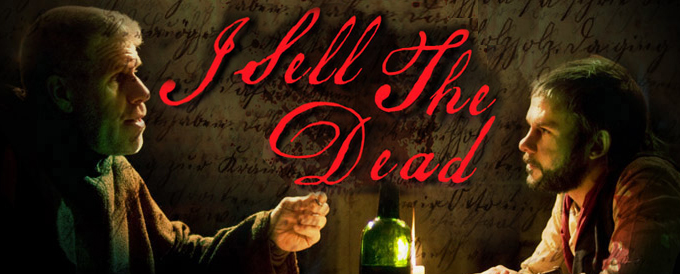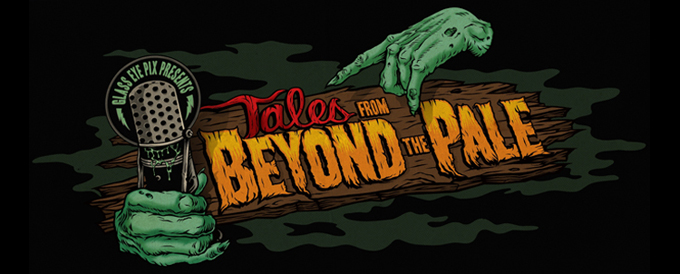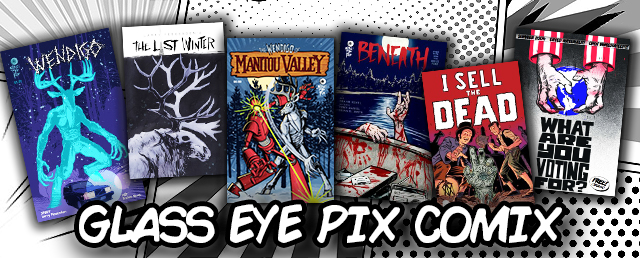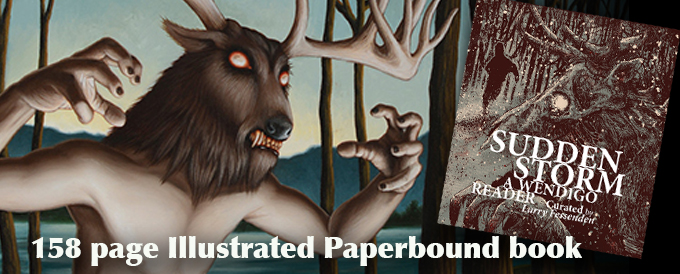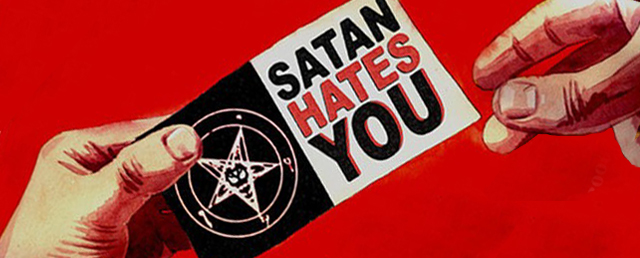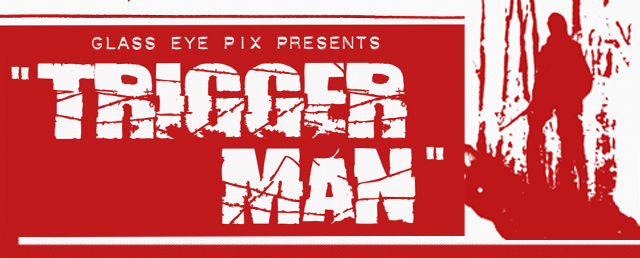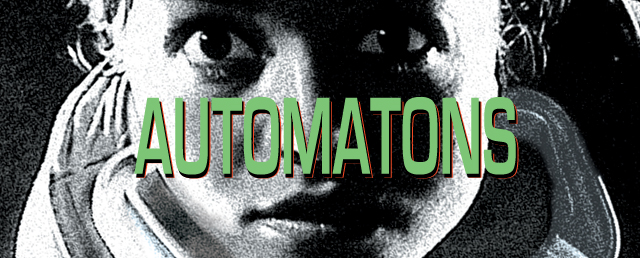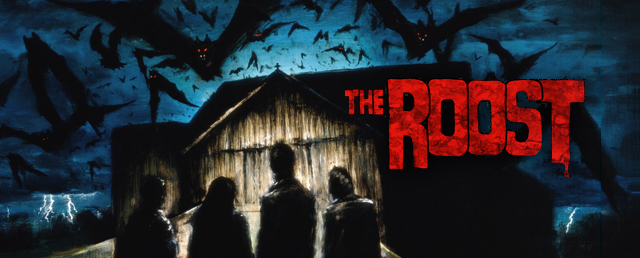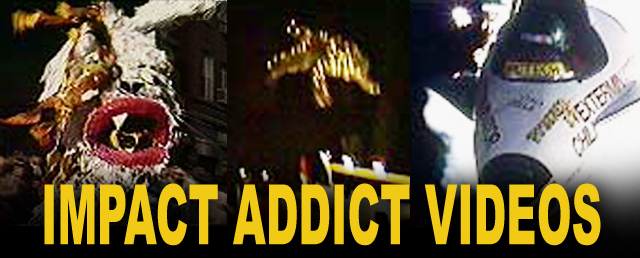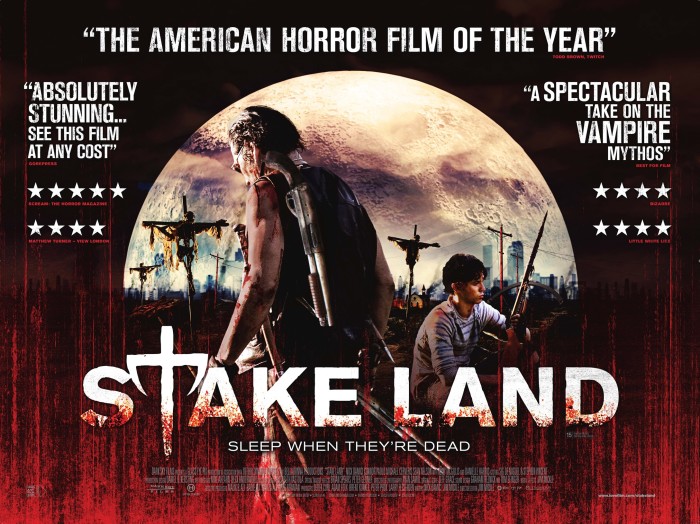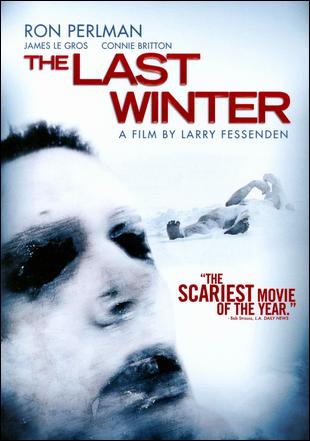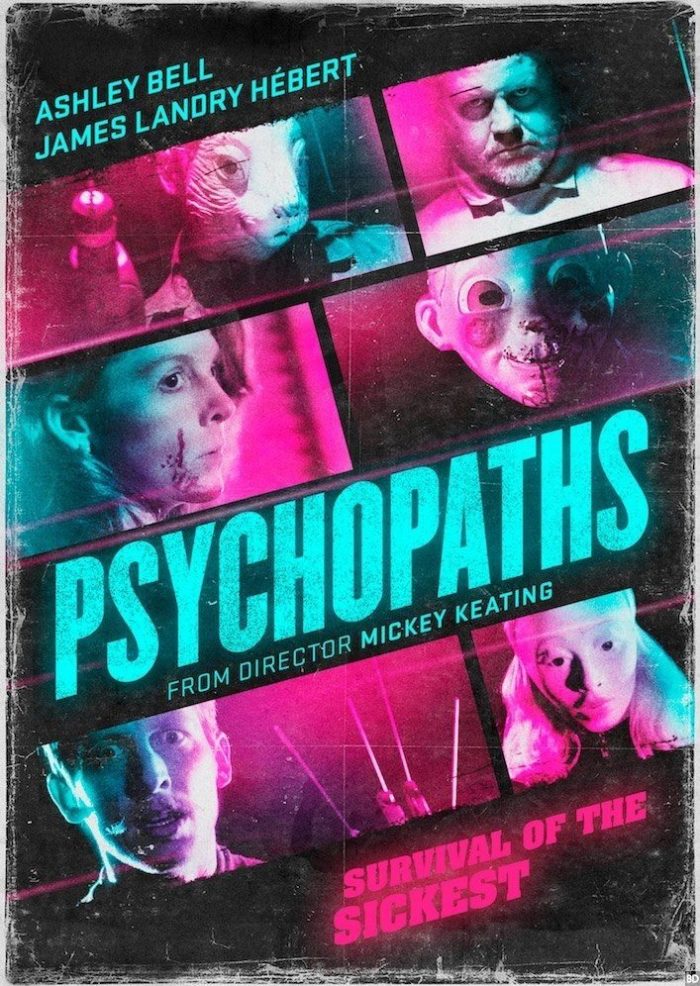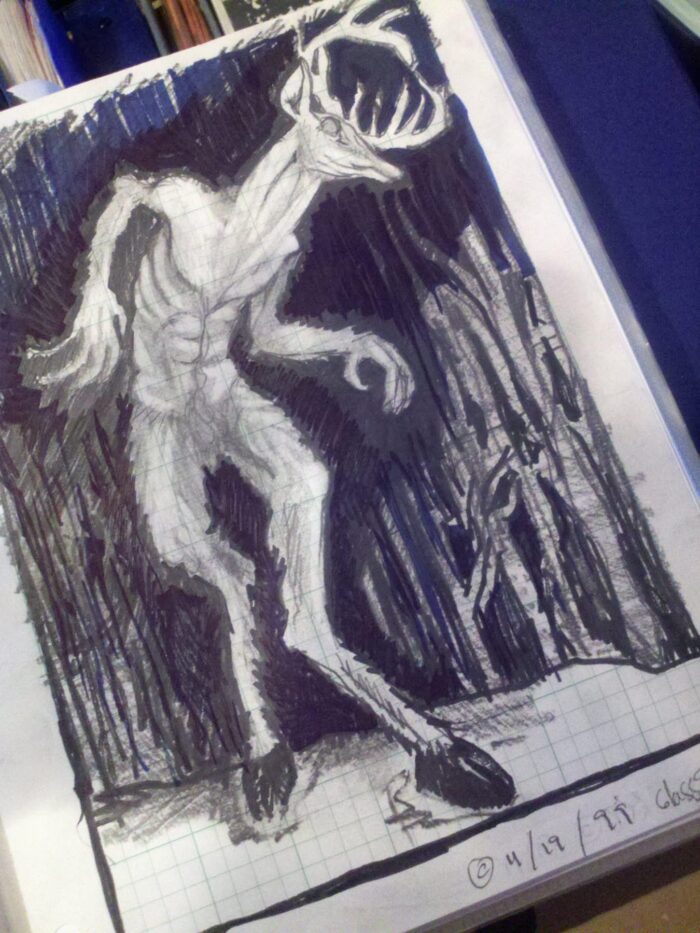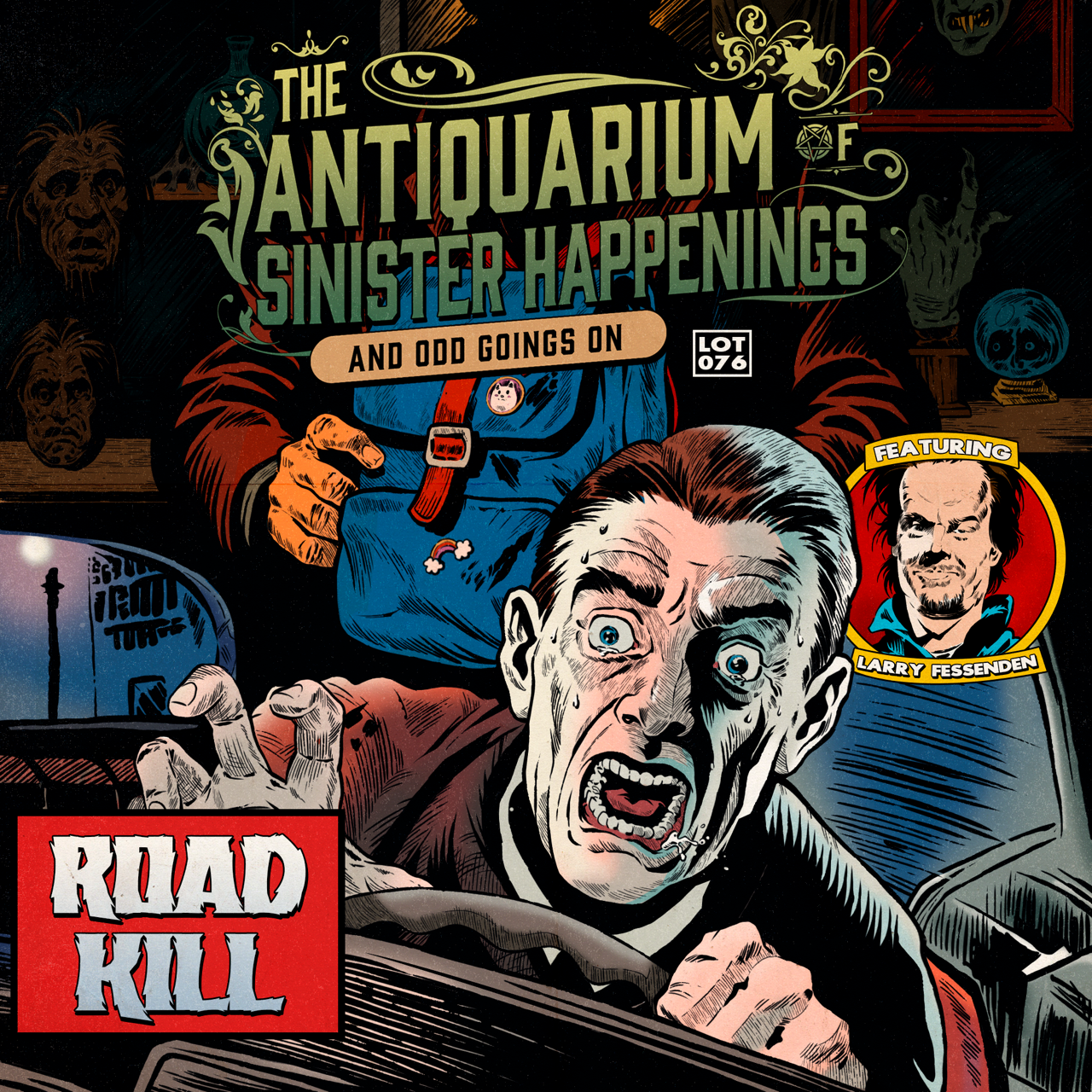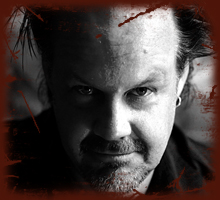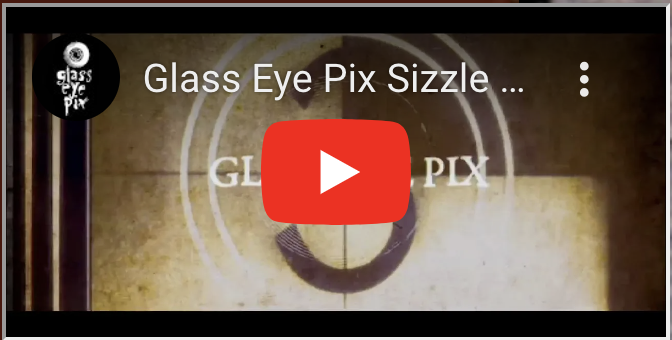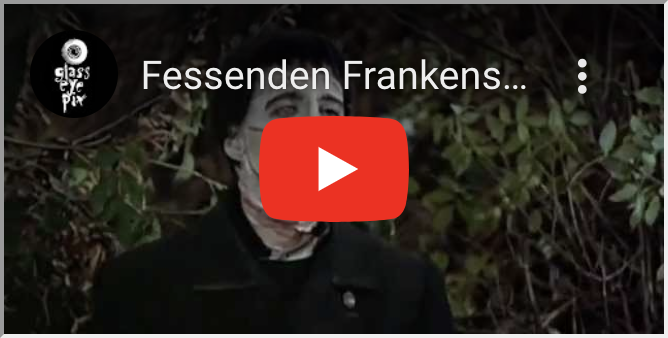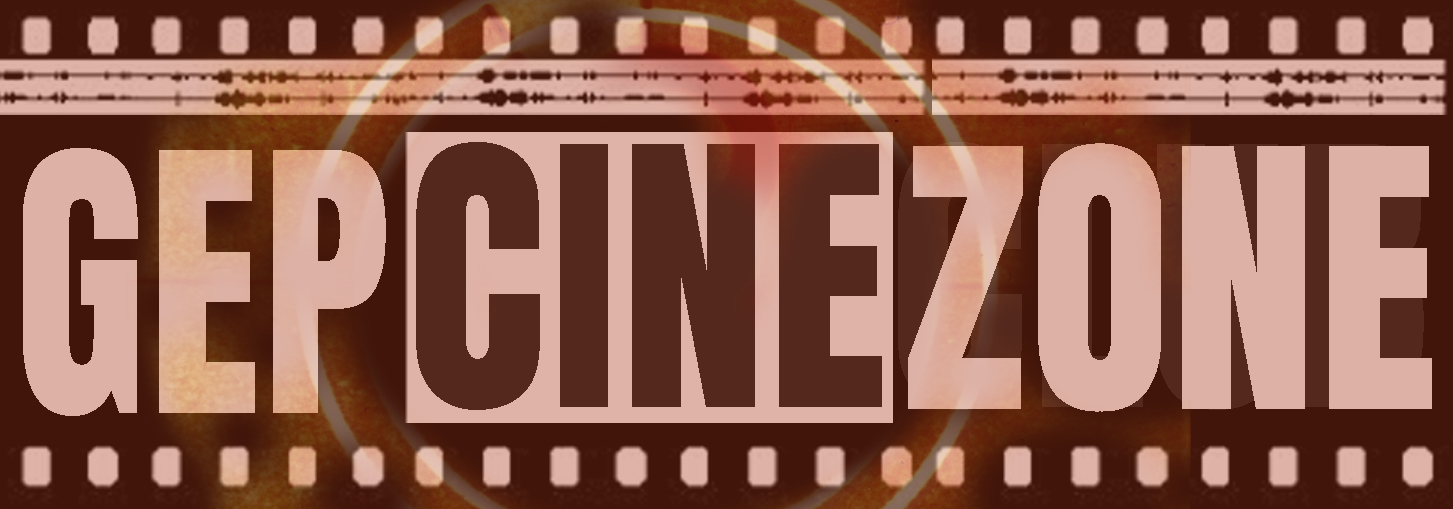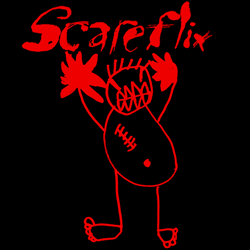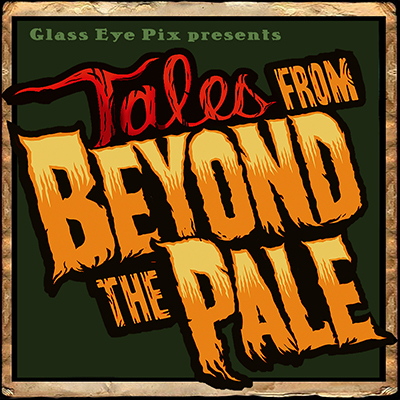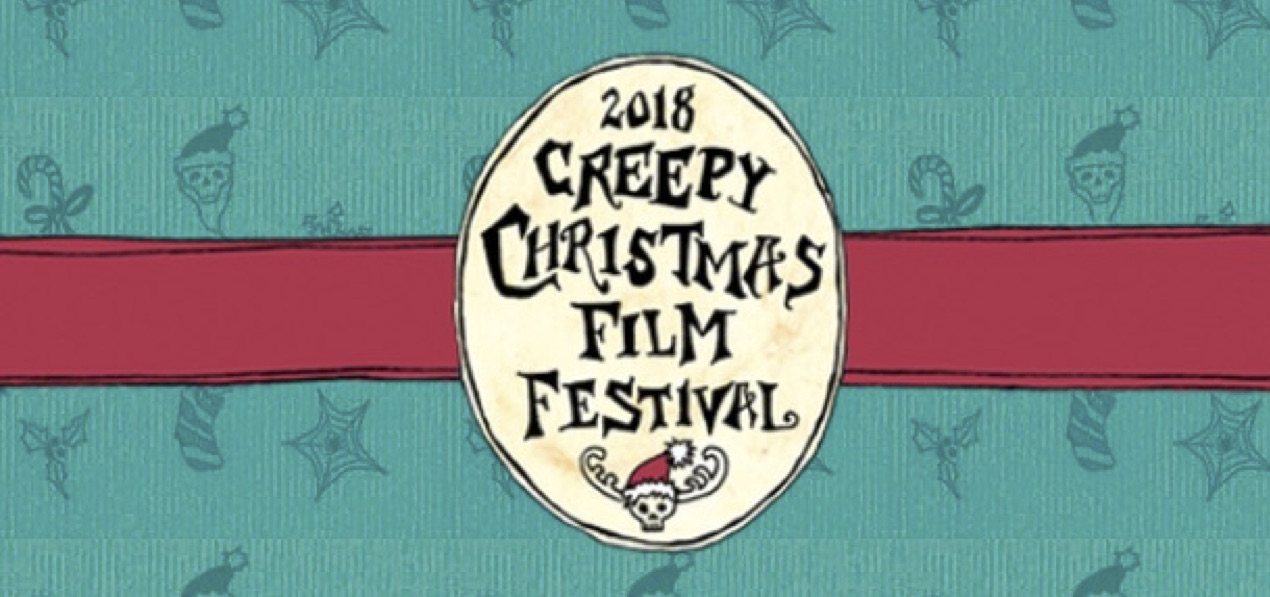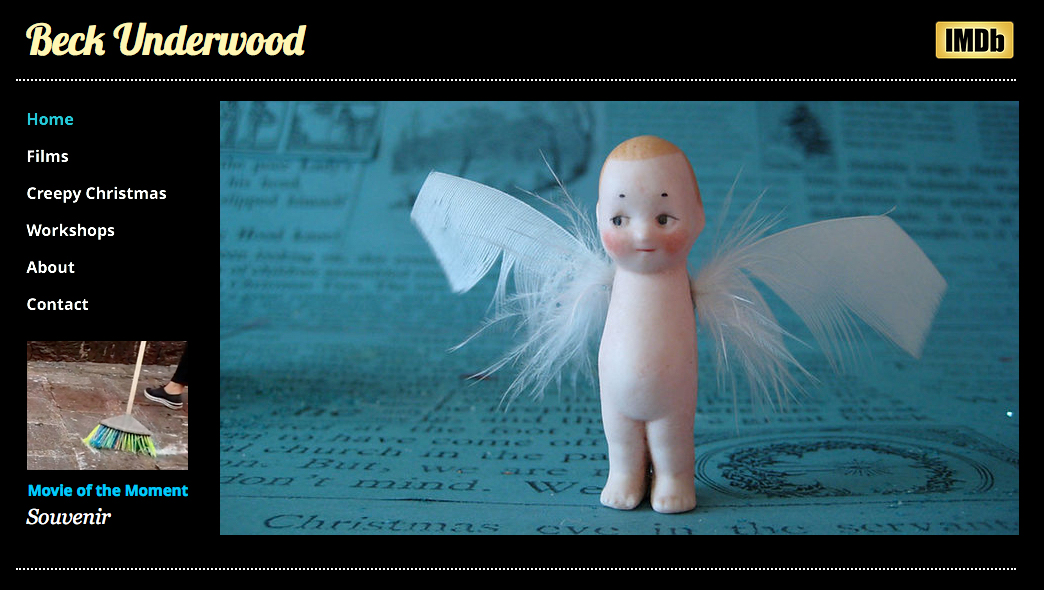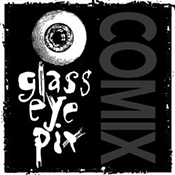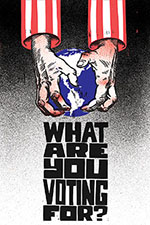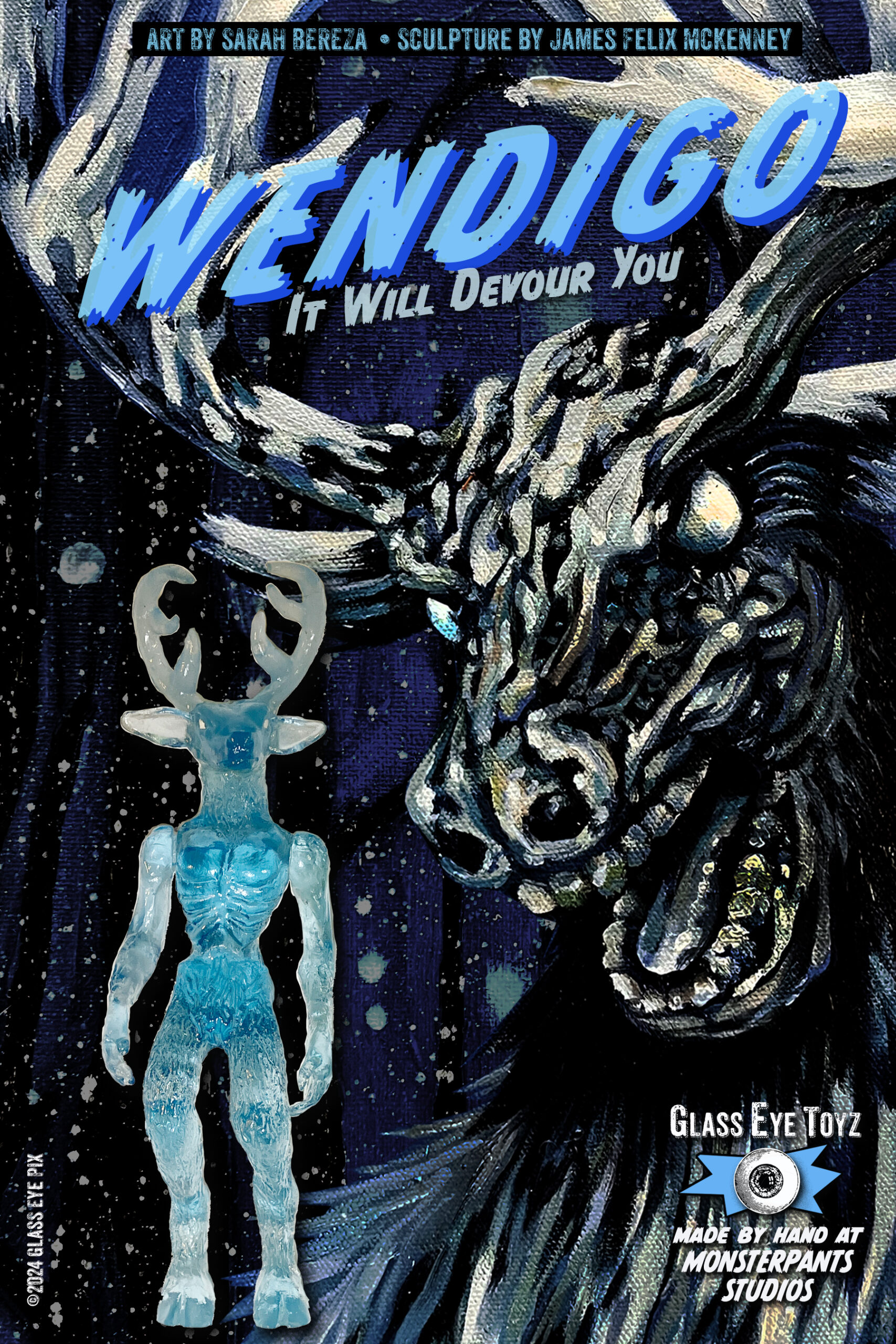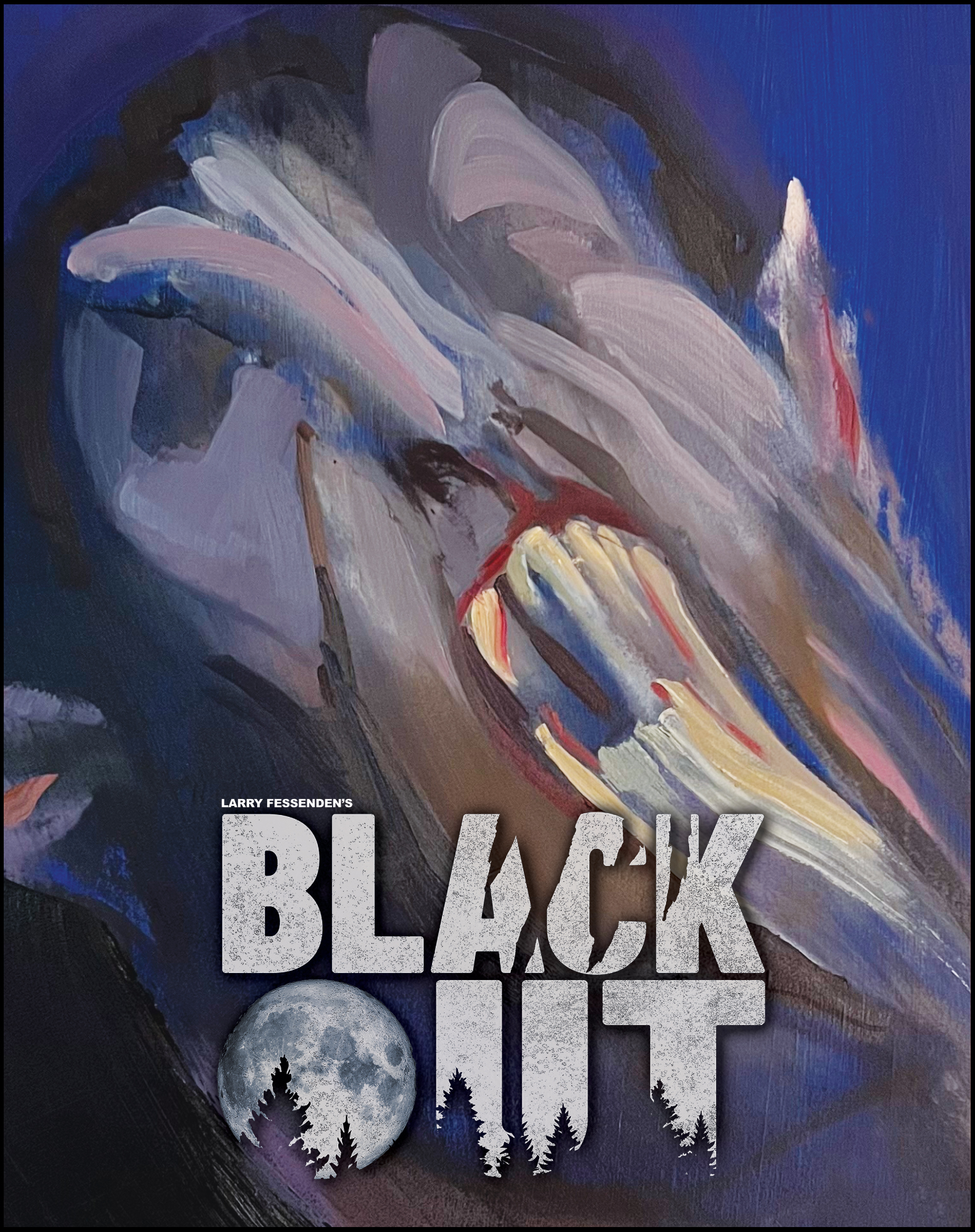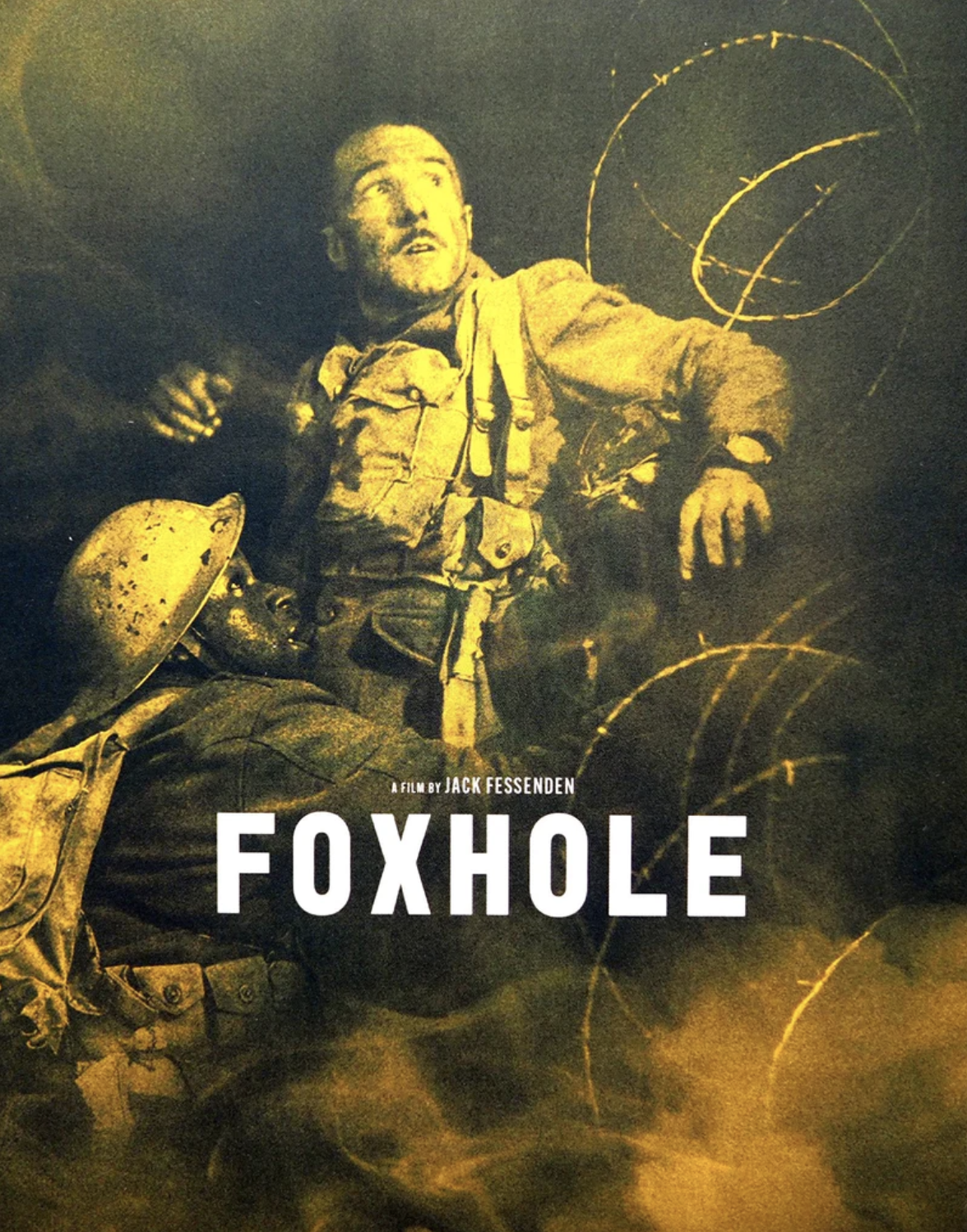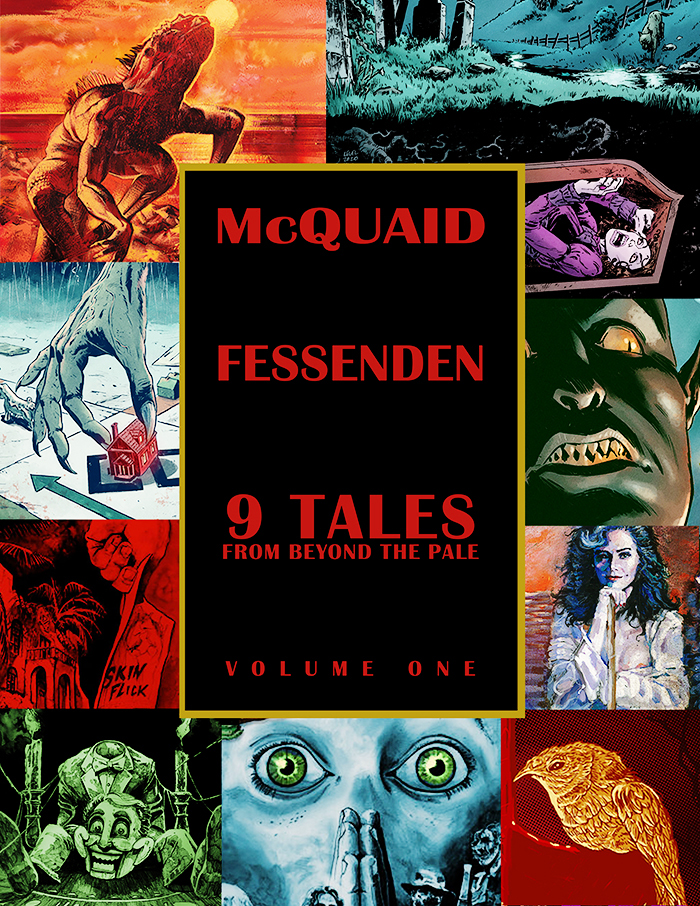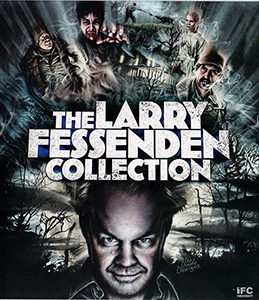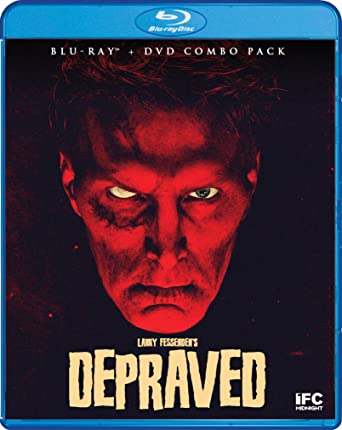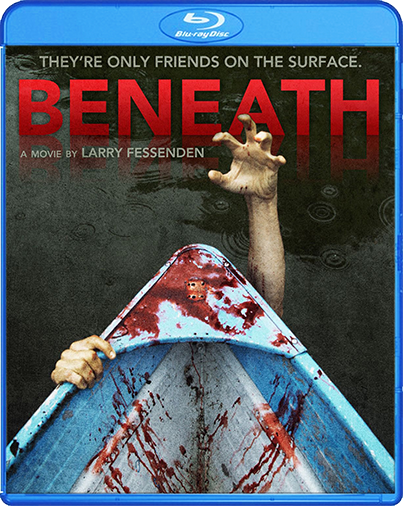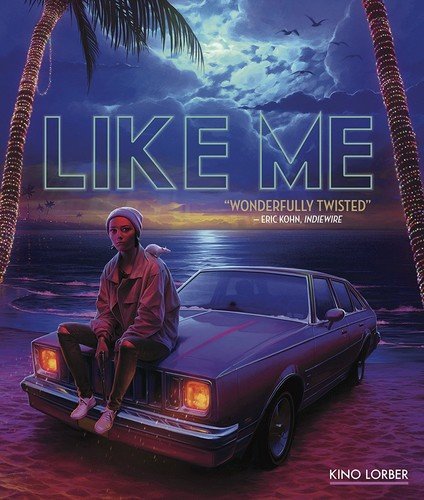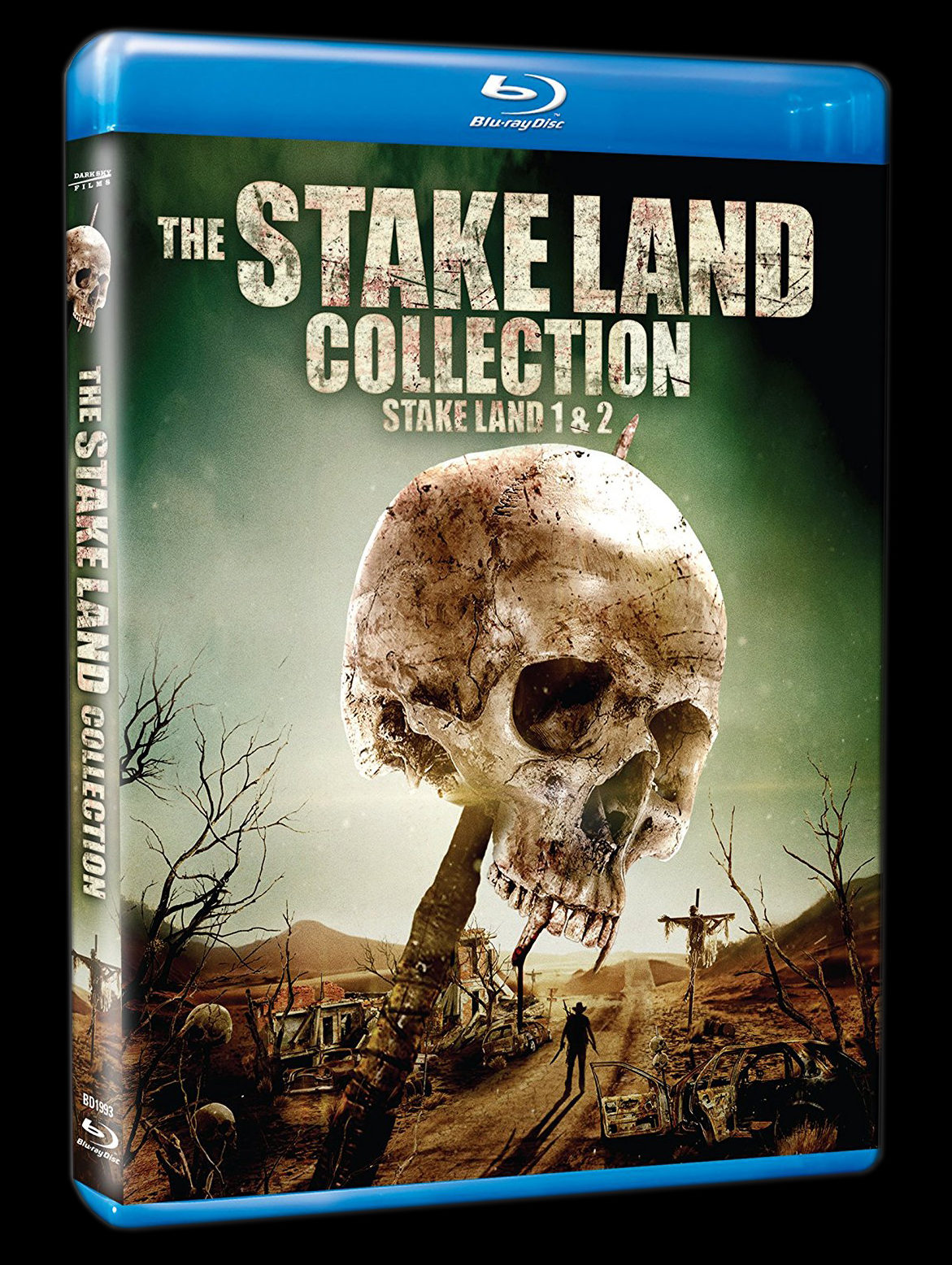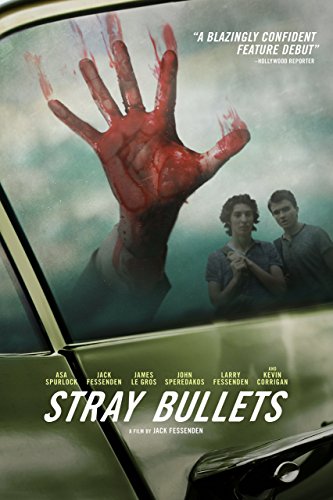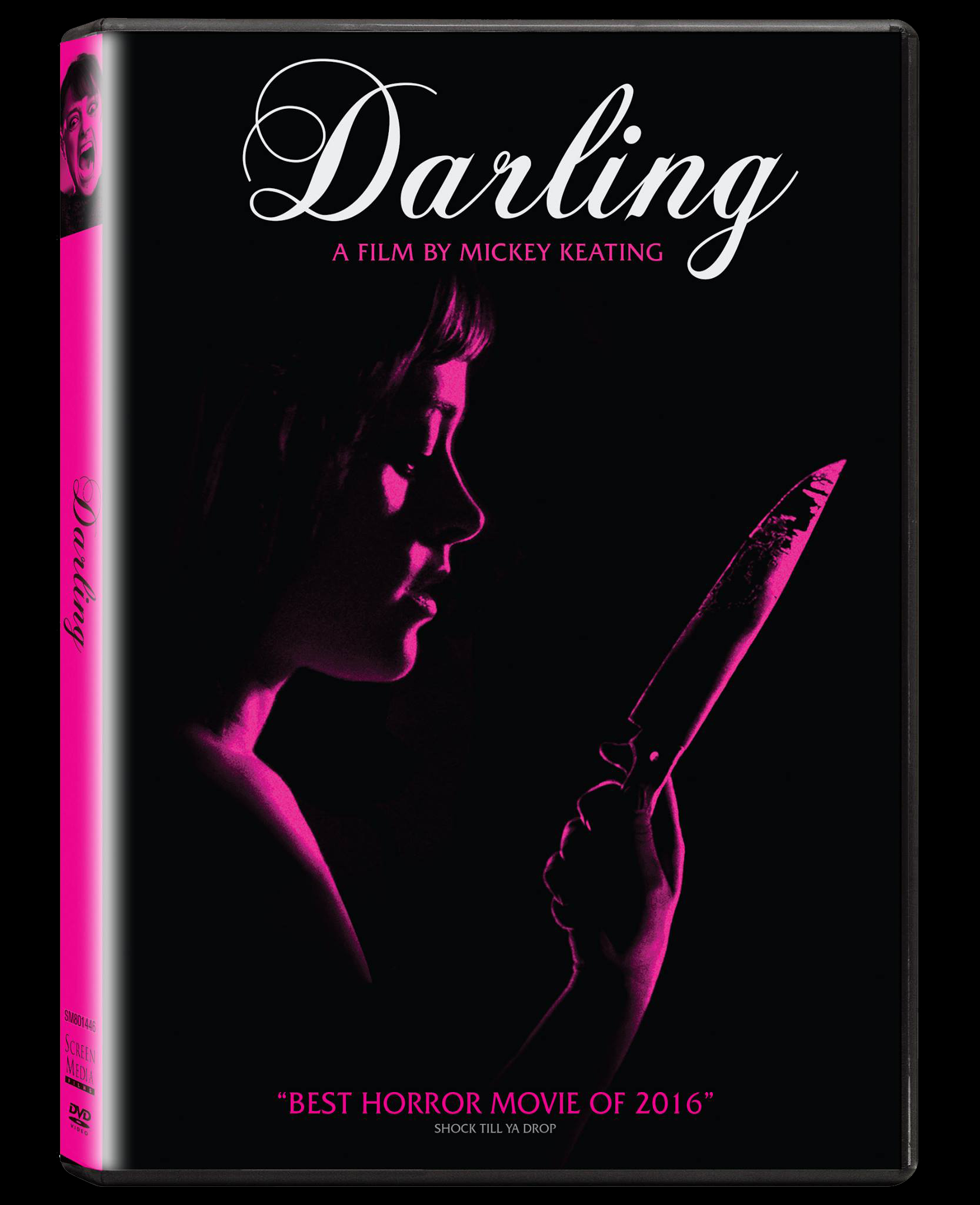
By Katie Campione
EXCLUSIVE: Shudder has acquired the distribution rights to the supernatural thriller Good Boy in the U.S,, Canada, the UK, Ireland, Australia and New Zealand following the film’s premiere at SXSW in March.
Good Boy, which redefines the haunted house genre by telling its horror tale through the eyes of a family dog, is co-written and directed by Ben Leonberg. Alex Cannon also co-writes.
Leonberg’s directorial debut stars his dog, Indy, who finds himself on a new adventure with his human owner — and best friend — Todd, leaving city life for a long-vacant family home in the country. From the start, two things are abundantly clear: Indy is wary of the creepy old house, and his affection for Todd is unwavering.
Indy’s new world is immediately filled with unease: he senses invisible presences, follows phantom tracks, receives chilling warnings from a ghostly dog, and is haunted by glimpses of the previous resident’s gruesome demise. When a dark influence begins to grip Todd, Indy must fight a malevolence intent on pulling him into the afterlife.
“We immediately recognized the immense potential of Leonberg’s debut and are thrilled to strike this deal with Shudder, ” said Amy Beecroft, Head of Verve Ventures, who negotiated the deal on behalf of the filmmakers.
Emily Gotto, SVP of Acquisitions and Production for Shudder, represented the AMC Networks’ horror streamer in the deal. In a statement of her own, she adds: “Ben Leonberg’s debut is a singular experience in perspective-driven horror. Told entirely through the eyes of Indy, a devoted dog whose terror and determination to save his human become our own, the film delivers a haunting and emotional experience that introduces a surprising standout performance from Indy and a strikingly assured first feature from Leonberg.”
Additionally, Leonberg has signed with Altitude, which is expected to launch international sales for the film in Cannes.
After a sold-out premiere at SXSW (and the “Howl of Fame” award for Best Canine Performance for Indy), Good Boy received a warm welcome at Overlook Film festival in New Orleans, where it expanded from one to three theaters to satisfy audience demand, and earned an honorable mention for Scariest Feature Film. The film was also screened at Calgary Underground Film Festival.
In a relatively quiet start to the year for festival film sales, Good Boy‘s acquisition speaks to its originality, as Leonberg and his wife Kari Fischer, who also produced the film, adapted their own home and acted as stand ins for three years to accommodate Indy’s production schedule. In all, production with Indy took 400 days and a whole lot of patience, as he is not a trained animal actor. The result, however taxing it may have been to achieve, is an incredibly realistic and haunting portrayal of a dog’s reaction to his house taking on a life of its own.
Good Boy also features horror legends Larry Fessenden (Blackout, Depraved, The Last Winter, Wendigo, and Habit) and Stuart Rudin (Silence of the Lambs).

